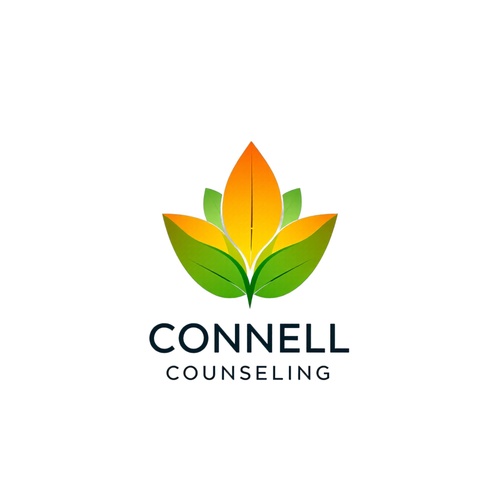🔄 1. Real-World Application
• You’re likely being challenged to apply your coping tools outside the safety of the group more frequently: ○ Using grounding or DBT skills in high-stress situations ○ Handling triggers without numbing, isolating, or reacting destructively ○ Practicing boundaries or honest communication in your relationships Expect to be asked, “How did it go?” in group, and to reflect on outcomes with honesty and curiosity.
